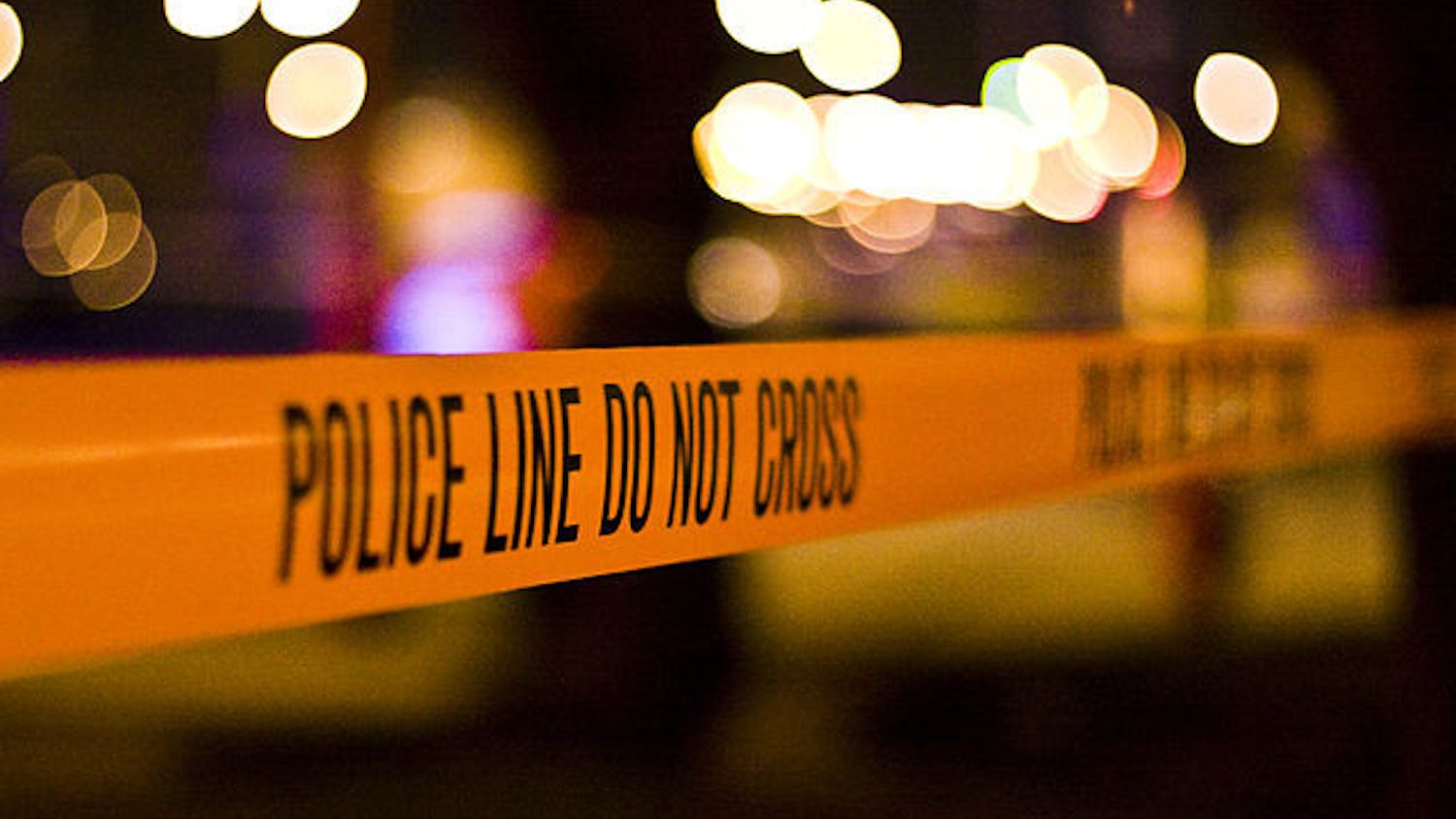Seventy-four Egyptians were killed during a soccer match in Cairo on Feb. 1. The beaten and trampled victims suffered stab wounds, suffocation and severe head trauma. The immediate cause of the brawl is uncertain, but it was likely motivated by team rivalry.
Video depicts players sprinting to the locker rooms as hundreds of people storm the field. Armored policemen stand around dimly unsure of their duties. One-sided fights — one or two men surrounded by a mob — begin on the field and in the stands. Police fire tear gas at the rioters from a safe distance.
In a country that has come so far but still has so far to go, it's devastating that such effort would be wasted on petty murders and misdirected violence. What might this riot reveal about a latent state of our own society?
Three factors catalyzed this outbreak of violence.
Egypt's society is unsettled. Political strife and disorder persist. The Egyptian post-revolution elections left new leaders in office and citizens with contempt for authority. Unrest and economic uncertainty have bred disdain in the protestors and citizens whose sacrifices now seem ineffective.
Egyptian society is polarized and, for many, its opposition's visions are too threatening to its own. Islamist groups, such as the Al-Nour Party, oppose much of the youth who call for personal liberty and voice. Military infidelity tightens the tension between extremes.
These same factors lie dormant within our own society. The Internet has spiked awareness of political misconduct and corruption.
In a single day, millions of citizens voiced their opposition to SOPA/PIPA — bills that threatened the First Amendment.
In the wake of the economic crisis, much of this insight comes as a bitter beacon of inequality. It unsettles Americans to learn that the front-running Republican contender, whose wife held $3 million in a secret Swiss bank account and jokes about being "unemployed," pays a tax rate that is half that of most Americans'.
Volatile contempt brews within our society; occasional protests emerge through tea party and Occupy movements. These movements reveal the polarization of our own society. At face-value the movements are distinct, antithetical even. Yet their demands derive from the same desire for a voice.
Society as a whole becomes more polarized as citizens exclusively subscribe to certain networks, outlets and ideologies. Yet with blatant ethnocentrism, some dismiss the Egyptian tragedy as an outcrop of a violent Arab disposition.
With our pious consumption of violent sports, movies and video games, Westerners are hardly less inclined to violence. The fact that our system still wobbles on its unsure foundation is all that keeps us from similar outbursts. It is baseless and blind to see American disposition as passive. The violence seen on any given night out is enough to make this apparent. We have our own revolution, but it is more mental than political. The public is becoming more conscious and assuming responsibility for action.
And though this revolution does not bring the same strain and strife as a political overhaul, it reveals a latent discontent for our system. If this discontent goes unchecked, misdirected violence will begin to plague our society. We may find ourselves similarly affected by petty assaults.
With acute foresight we can resist this violence.
The deaths in Cairo are not merely an indication of Arab disorder but an indication of a growing global disorder. We must embrace the principles of solidarity towards each other, accountability toward ourselves and civil disobedience toward corruption. We must plan for a future in which these principles are upheld, and we must direct ourselves peacefully with reference to the present.
Misdirected violence abroad should caution us from misdirected violence at home.
Dyllan Furness is a philosophy and English junior at UF. His column appears on Tuesdays.





